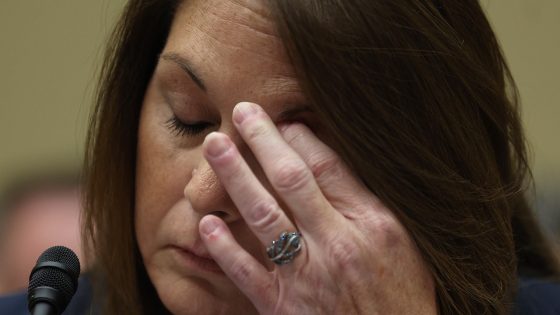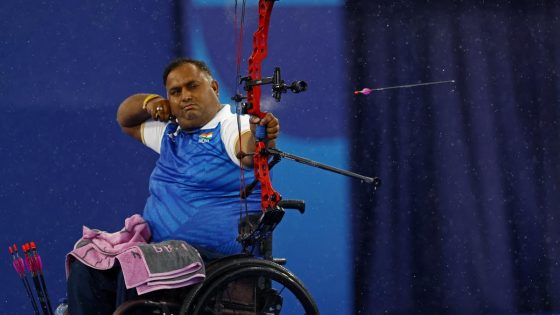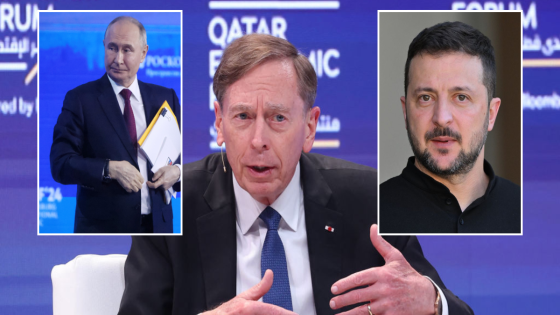Iran’s supreme leader Ayatollah Ali Khamenei gave Sunday his official endorsement of Masoud Pezeshkian as the Islamic republic’s ninth president, following snap elections that had concluded earlier this month.
In a message read by the director of Khamenei’s office, he said: “I endorse the vote (for) the wise, honest, popular and scholarly Mr Pezeshkian, and I am appointing him as the president of the Islamic Republic of Iran”.
The new president, considered a “reformist” in Iran, is due to be sworn in before parliament on Tuesday.
The endorsement ceremony was held in the capital Tehran in the presence of senior Iranian officials and foreign diplomats, and broadcast on state TV.
It took place as banks and most government offices were ordered shut nationwide on Sunday to tackle an extreme heatwave.
Following the event, acting president Mohammad Mokhber handed over official responsibilities to Pezeshkian.
Pezeshkian, 69, won a runoff race on July 5 against the ultraconservative Saeed Jalili to replace president Ebrahim Raisi who died in a helicopter crash in May.
Pezeshkian secured more than 16 million votes, or about 54 percent of the roughly 30 million ballots cast.
Turnout in the runoff election stood at 49.8 percent, up from a record low of about 40 percent in the first round, according to Iran’s electoral authority.
Jalili attended Sunday’s ceremony, as did former moderate president Hassan Rouhani who had backed Pezeshkian’s presidential bid along with Iran’s main reformist coalition.
Pezeshkian was the only candidate representing Iran’s reformist camp allowed to stand in the election, for which all contenders were approved by the conservative-dominated Guardian Council.
Iran’s president is not head of state, and the ultimate authority rests with the supreme leader — a post held by Khamenei for the last 35 years.
Following Khamenei’s official endorsement, Pezeshkian thanked the leader and the Iranian people, vowing to carry the “heavy burden” of the presidency.
– ‘Bad attitude’ –
The election came against a backdrop of heightened regional tensions since the Gaza war began in early October, disputes with Western powers over Iran’s nuclear programme, and domestic discontent over the state of the sanctions-hit economy.
During the ceremony, Khamenei urged the upcoming administration to form an “active and effective” response to regional developments, adding that diplomacy must prioritise neighbouring nations.
“We have no intention to oppose some European countries. The reason I didn’t mention European countries as a priority is that they have not treated us well for many years,” he added.
“If they don’t have this bad attitude, then (ties with Europe) would be one of our priorities.”
On the campaign trail, Pezeshkian had pledged to try to revive a 2015 nuclear deal with the United States and other world powers, which imposed curbs on Iran’s nuclear activity in return for sanctions relief.
The deal collapsed in 2018 after Washington withdrew from it.
Pezeshkian has in a recent article called for “constructive relations” with European countries, even though he accused them of reneging on commitments to mitigate the impact of US sanctions.
A heart surgeon and parliament member for the northwestern city of Tabriz since 2008, Pezeshkian served as health minister under Iran’s last reformist president Mohammad Khatami, who held office from 1997 to 2005.
rkh/ami
Source Agencies



